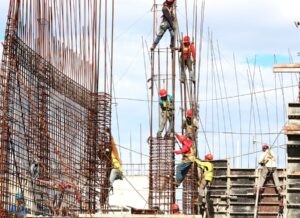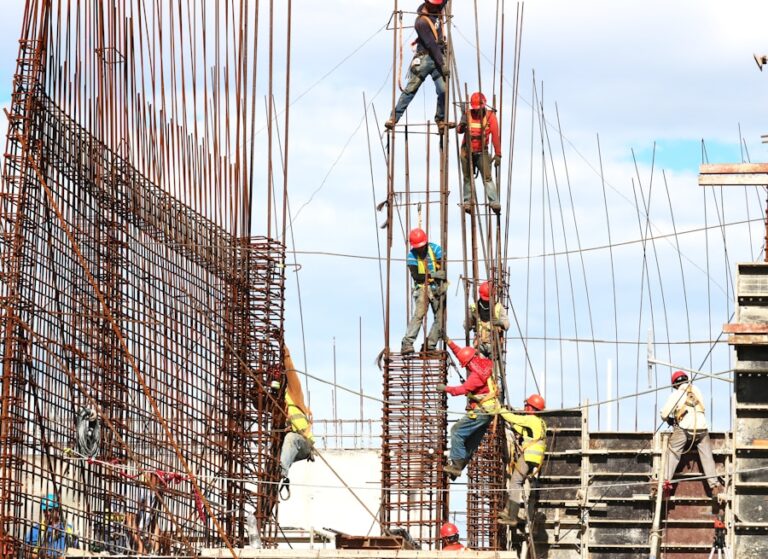Bali, known for its stunning beaches, lush rice terraces, and vibrant culture, has seen a rise in benefit projects aimed at improving the lives of its local communities and preserving its natural beauty. These projects, often initiated by non-profit organizations, social enterprises, and responsible tourism companies, seek to address the challenges faced by the island, such as over-tourism, environmental degradation, and economic inequality. As a result, Bali has become a hub for sustainable and responsible tourism, attracting travelers who are seeking meaningful and impactful experiences.
One such project is the Bali Community Benefit Foundation, which works with local communities to develop sustainable tourism initiatives that benefit both the environment and the people. Through their efforts, they have helped create eco-friendly accommodations, promote responsible wildlife tourism, and support local artisans and businesses. Another notable project is the Bali Sustainable Development Project, which focuses on empowering local communities through education, skill development, and environmental conservation. These initiatives have not only improved the lives of the Balinese people but have also contributed to the preservation of Bali’s natural and cultural heritage.
Sustainable Tourism Initiatives
Sustainable tourism initiatives in Bali have gained momentum in recent years as travelers become more conscious of their impact on the places they visit. These initiatives aim to minimize the negative effects of tourism on the environment and local communities while maximizing the benefits. One such initiative is the promotion of eco-friendly accommodations, such as eco-lodges and sustainable resorts, which prioritize environmental conservation and community engagement. These accommodations often use renewable energy sources, minimize waste, and support local businesses, providing a more authentic and responsible travel experience for visitors.
Another important aspect of sustainable tourism in Bali is the promotion of responsible wildlife tourism. Many organizations are working to raise awareness about the ethical treatment of animals and to discourage activities that exploit wildlife for entertainment. Instead, they promote wildlife conservation efforts and responsible wildlife encounters that prioritize the well-being of the animals and their natural habitats. These initiatives not only protect Bali’s diverse wildlife but also educate visitors about the importance of ethical tourism practices.
Empowering Local Communities
Empowering local communities is a key focus of many benefit projects in Bali. These initiatives aim to improve the livelihoods of the Balinese people by providing them with opportunities for education, skill development, and economic empowerment. One such project is the Bali Sustainable Development Project, which works with local communities to provide access to education and vocational training. By equipping the local population with valuable skills, such as sustainable farming practices, hospitality management, and artisanal craftsmanship, these initiatives help create sustainable livelihoods and reduce economic inequality.
In addition to skill development programs, many benefit projects in Bali also focus on empowering women and marginalized groups within the community. By providing access to resources, training, and support, these initiatives enable women to become financially independent and take on leadership roles within their communities. This not only benefits the individuals involved but also contributes to the overall development and empowerment of the community as a whole.
Environmental Conservation Efforts
Environmental conservation efforts are at the forefront of many benefit projects in Bali. With its unique biodiversity and fragile ecosystems, Bali faces significant environmental challenges due to rapid urbanization and tourism development. As a result, many organizations are working to protect Bali’s natural resources through reforestation programs, marine conservation initiatives, and sustainable waste management practices. These efforts not only preserve the island’s natural beauty but also contribute to climate change mitigation and biodiversity conservation.
One notable project is the Bali Green School, which promotes environmental education and sustainable living practices among students and their families. Through its curriculum and community outreach programs, the school raises awareness about environmental issues and encourages sustainable behaviors, such as recycling, composting, and organic farming. Another important initiative is the Bali Marine Conservation Project, which focuses on protecting the island’s marine ecosystems through coral reef restoration, marine species monitoring, and sustainable fishing practices. These efforts help ensure the long-term health of Bali’s oceans and support the livelihoods of local fishing communities.
Supporting Artisans and Local Businesses
Supporting artisans and local businesses is a key component of many benefit projects in Bali. The island is renowned for its rich artistic traditions, including traditional crafts such as batik, wood carving, and silver jewelry making. However, many artisans struggle to compete in a globalized market and face challenges such as exploitation, low wages, and lack of access to resources. As a result, many organizations are working to support these artisans by providing them with training, market access, and fair trade opportunities.
One such project is the Bali Artisan Support Initiative, which connects local artisans with international markets and promotes fair trade practices. Through this initiative, artisans are able to showcase their traditional crafts to a global audience while receiving fair compensation for their work. Additionally, many benefit projects in Bali also support local businesses by promoting community-based tourism experiences that highlight authentic cultural experiences and support small-scale enterprises. By doing so, these initiatives help preserve Bali’s cultural heritage while providing economic opportunities for local entrepreneurs.
Education and Skill Development Programs
Education and skill development programs play a crucial role in empowering local communities and promoting sustainable development in Bali. Many benefit projects focus on providing access to quality education for children and adults alike, as well as offering vocational training programs that equip individuals with valuable skills for employment and entrepreneurship. By investing in education and skill development, these initiatives help break the cycle of poverty and create opportunities for economic empowerment.
One example is the Bali Sustainable Development Project’s education program, which provides scholarships for underprivileged children to attend school and access educational resources. Additionally, the project offers vocational training in areas such as sustainable agriculture, eco-tourism management, and traditional craftsmanship, enabling individuals to pursue careers that contribute to sustainable development. Furthermore, many benefit projects in Bali also prioritize adult education programs that focus on financial literacy, business management, and environmental conservation practices. By providing adults with access to these resources, these initiatives help create a more informed and empowered community.
The Future of Bali: Balancing Growth and Preservation
As Bali continues to experience rapid growth in tourism and urban development, it faces the challenge of balancing economic progress with environmental preservation and social equity. The future of Bali will depend on its ability to sustainably manage its natural resources, support its local communities, and preserve its cultural heritage. Benefit projects play a crucial role in shaping this future by promoting sustainable tourism practices, empowering local communities, conserving the environment, supporting artisans and businesses, and investing in education and skill development.
Moving forward, it will be essential for stakeholders in Bali to work together to address these challenges through collaborative efforts that prioritize sustainability and social responsibility. This may involve implementing policies that regulate tourism development, investing in renewable energy infrastructure, promoting responsible wildlife tourism practices, supporting fair trade initiatives for artisans and businesses, and expanding access to education and vocational training programs. By doing so, Bali can continue to thrive as a world-renowned destination while preserving its natural beauty and cultural heritage for future generations to enjoy.
In conclusion, benefit projects in Bali have made significant strides in promoting sustainable development, empowering local communities, conserving the environment, supporting artisans and businesses, and investing in education and skill development. These initiatives have not only improved the lives of the Balinese people but have also contributed to the preservation of Bali’s natural beauty and cultural heritage. As Bali looks towards the future, it will be crucial for stakeholders to continue working together to balance growth with preservation through collaborative efforts that prioritize sustainability and social responsibility. By doing so, Bali can continue to thrive as a world-renowned destination while preserving its natural beauty and cultural heritage for future generations to enjoy.


















